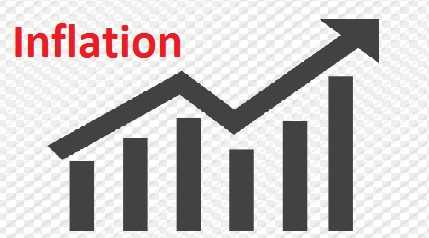
Colombo, Apr 22 (PTI) Debt-ridden Sri Lanka's inflation soared to 21.5 per cent, according to official data released on Friday, even as finance minister Ali Sabry met IMF officials in Washington to negotiate a bailout package for the country.
Sri Lanka's nation-wide inflation for March 2022 under the National Consumer Price Index (NCPI) surged to 21.5 per cent from 17.5 per cent reported in February 2022, the Department of Census and Statistics reported.
Consequently, the food inflation also increased from 24.7 per cent last month to 29.5 per cent for March.
Similarly, the moving average inflation for March 2022 stood at 10.6 per cent from the 9.3 per cent during the previous month.
Food prices rose 29.5 percent in the past 12 months.
According to the statement from the Department of Census and Statistics, the high inflation level has hit prices of most essential food items such as rice, sugar, milk and bread.
Sri Lanka's economic crisis is caused in part by a lack of foreign currency, which has meant that the country cannot afford to pay for imports of staple foods and fuel, leading to acute shortages and very high prices.
The galloping inflation rates is another grim reminder of Sri Lanka's mounting economic woes that has stirred nation-wide protests clamouring for President Gotabaya Rajapaksa's removal.
Finance Minister Sabry has been holding talks with the International Monetary Fund (IMF) in Washington to pursue a USD 4 billion aid.
Last month, Sri Lanka's central bank devalued the rupee by up to 15 per cent for it to be eligible for the IMF loan.
Last week, the Sri Lankan government said it would temporarily default on USD 35.5 billion in foreign debt as the pandemic and the war in Ukraine made it impossible to make payments to overseas creditors.
On Monday, Sri Lanka's finance ministry confirmed that it would miss USD 78 million in interest rate payments on international sovereign bonds.
Meanwhile, India on Friday has extended the duration of the USD 400 million currency swap facility that was concluded with the island nation in January.
This was the first extension of an international debt instrument to Sri Lanka after the government led by President Gotabaya Rajapaksa on April 12 temporarily suspended debt servicing.




